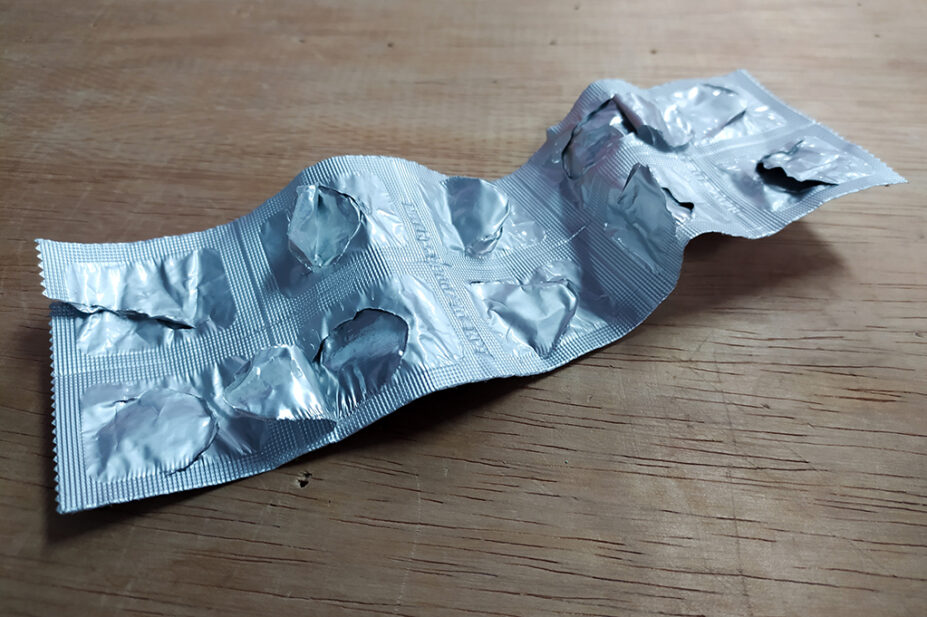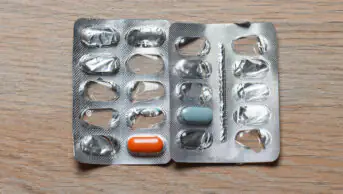
Shutterstock.com
Two forms of modified-release propranolol are currently out of stock until 2026, the Department of Health and Social Care (DHSC) and Scottish government have announced.
Alerts issued by the DHSC on 10 November 2025 and the Scottish government on 13 November 2025 said that propranolol 80mg modified-release capsules would be out of stock until early March 2026, while 160mg modified-release capsules will be out of stock from late November 2025 until mid-to-late January 2026.
Propranolol, a beta blocker, is commonly used to treat cardiovascular conditions, including hypertension, but is also prescribed for anxiety and migraine.
The alerts advise pharmacy teams that 40mg and 80mg immediate-release propranolol tablets are still available and can support an increase in demand. However, while the oral solution also remains available, it cannot support any demand increase, the alerts said.
Prescribers have also been asked not to initiate any patients on 80mg or 160mg modified-release capsules until the shortage has been resolved.
For patients currently taking these medicines who do not have enough supply to last until the shortage is resolved, the alerts recommend that clinicians should consider a switch to immediate-release tablets to make up the equivalent daily dosage of modified-release capsules.
However, the alerts highlighted that clinicians must ensure that such a switch is suitable for the patient and that the patient is fully informed about this, as well as the new dosing. Full advice on how to manage a switch is provided in the alerts.
Paul Wright, consultant cardiovascular pharmacist at Barts Health NHS Trust, said the shortage could impact both prescribers and patients.
“Fortunately, it is suggested that the immediate-release tablets should cover the increased demand. It would be prudent to no longer initiate treatment with the modified version and for those already on established therapy to either consider switching to immediate release — or consider alternatives depending on the indication if a once-daily preparation is required.
“In terms of swapping from sustained-release to immediate-release, it is suggested that the sustained-release maintains higher degree of beta-1 blockade over a 24-hour period compared with immediate-release — and as such, on switching, some patients may experience side effects or lose some efficacy. In these instances, a review of both the dose and frequency should be considered — consider three times daily dosing,” he said.
“Given there is a number of licensed indications for propranolol — hypertension, angina, anxiety, portal hypertension — the precise switch and follow up to assess tolerance of the switch will vary. Pharmacy teams can support the shortage through flagging current scripts of modified-release to prescribers and offering reassurance for patients where formulations have changed.”


